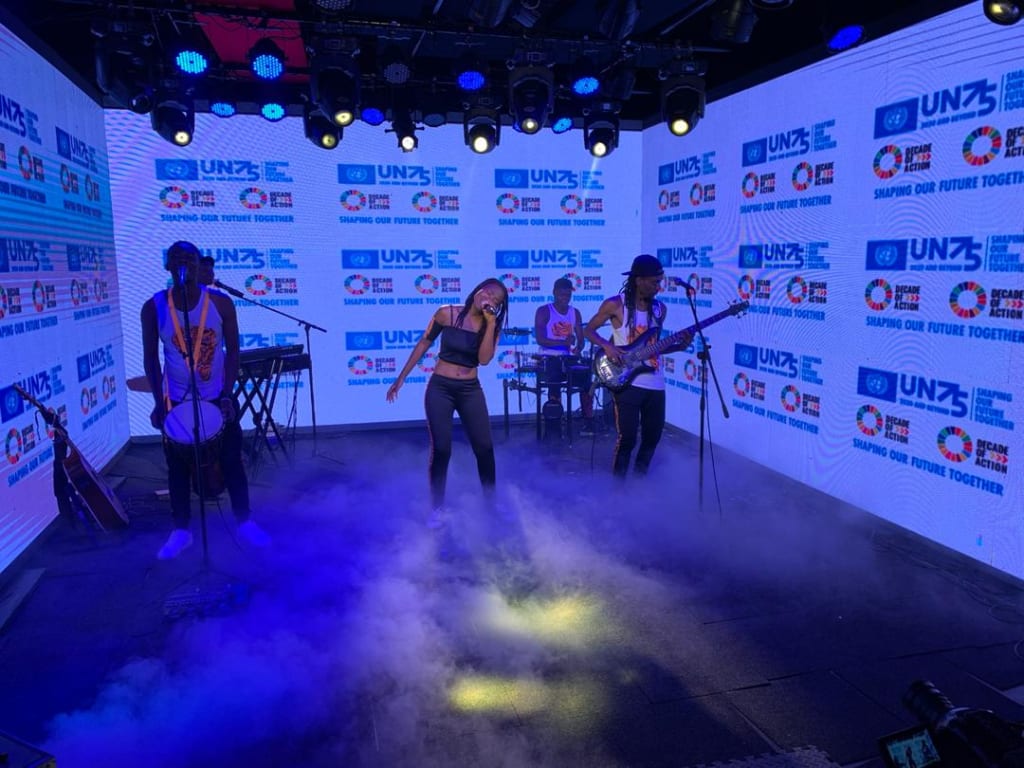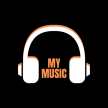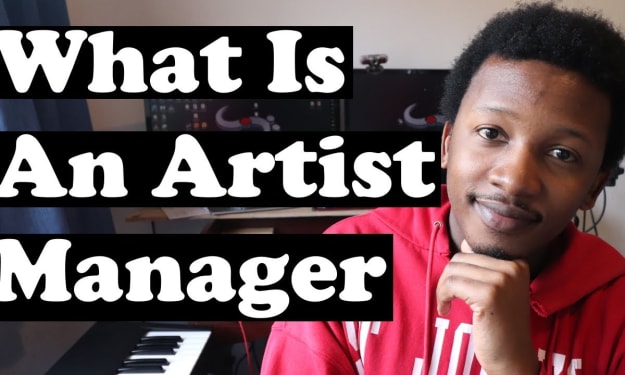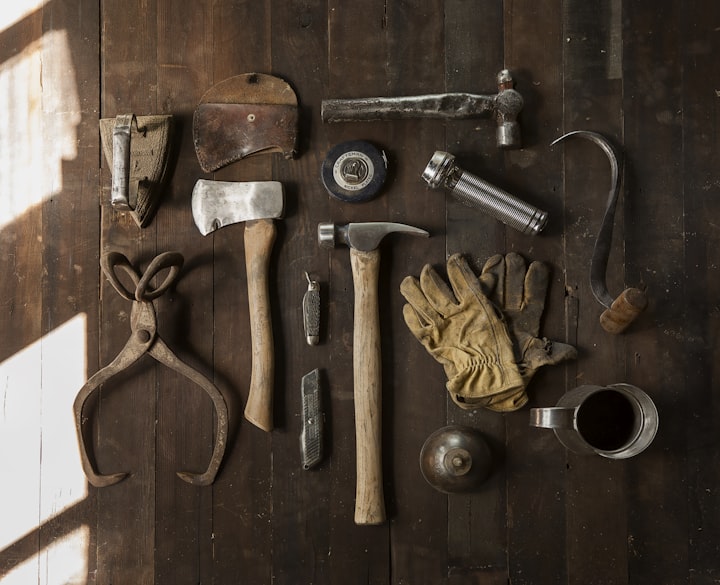Navigating the New Normal: How Musicians Can Stay Engaged During the Pandemic
The COVID-19 pandemic has turned the music industry on its head, leaving many musicians struggling to find ways to stay engaged and motivated.

The COVID-19 pandemic has turned the music industry on its head, leaving many musicians struggling to find ways to stay engaged and motivated. With live performances halted and in-person collaborations limited, it can be challenging to maintain a creative spark. However, this period of isolation also offers unique opportunities for growth and innovation. In this article, we'll explore various strategies to help musicians stay engaged and inspired during coronavirus. Whether you're a budding artist or an experienced performer, these ideas will help you navigate the new normal and keep your passion for music alive.
Virtual Collaborations: Staying Connected Through Technology
The rise of virtual collaborations has been a silver lining during the pandemic. Platforms like Soundtrap and BandLab allow musicians to work together remotely, providing a sense of connection and community. These collaborations can lead to exciting new projects and help keep the creative juices flowing. Virtual collaborations also offer the chance to experiment with different genres and styles, broadening your musical horizons. By working with musicians from various backgrounds and locations, you can gain new perspectives and ideas that enhance your creativity.
For instance, consider collaborating with a musician from a different country to incorporate new cultural influences into your music. This cross-cultural exchange can lead to innovative compositions that blend diverse musical traditions, making your work stand out. Additionally, virtual collaborations can help you build a global network of fellow musicians, opening up opportunities for future projects and performances.
Online Workshops and Masterclasses: Continuous Learning
Many renowned musicians and educators have moved their workshops and masterclasses online, offering a wealth of knowledge at your fingertips. Websites like MasterClass and Coursera provide courses that can help you hone your skills, learn new techniques, and stay inspired. Participating in these classes can be a great way to continue your musical education during the pandemic.
Online workshops and masterclasses cover a wide range of topics, from specific instrument techniques to music production and business strategies. For example, you can take a course on advanced guitar techniques, learn about the intricacies of sound engineering, or study the principles of music marketing. These courses often include video tutorials, interactive exercises, and personalized feedback from instructors, making the learning experience engaging and effective.
Moreover, many online workshops and masterclasses offer certificates upon completion, which can add to your professional credentials. This can be particularly beneficial if you're looking to advance your career or pursue new opportunities in the music industry. By continuously learning and improving your skills, you can stay competitive and relevant in a rapidly evolving landscape.
Set Up a Home Recording Studio: The Power of DIY
With live performances on pause, now is the perfect time to invest in a home recording setup. Learning to produce and record your music can be incredibly rewarding and offer new avenues for creativity. Software like Ableton Live and Logic Pro provides the tools you need to create professional-quality recordings from home. By setting up a home studio, you can experiment with production techniques, develop a deeper understanding of sound engineering, and produce high-quality tracks independently.
Building a home recording studio doesn't have to be expensive or complicated. Start with basic equipment, such as a computer, audio interface, microphone, and headphones. As you become more comfortable with the recording process, you can gradually upgrade your setup with additional gear like studio monitors, MIDI controllers, and acoustic treatment.
Recording at home also allows you to work at your own pace and experiment with different ideas without the pressure of studio time constraints. You can take your time to perfect your sound, try out new arrangements, and refine your compositions. This freedom and flexibility can lead to more creative and polished results.
Leverage Live Streaming for Performances: Engaging with Your Audience
Social media platforms like Instagram Live, Facebook Live, and YouTube Live offer musicians a way to perform live and interact with their audience in real-time. Live streaming can help maintain your connection with fans and provide a platform to share your music with the world. Regular live streams can help maintain your visibility in the music scene and keep your fans engaged with your work.
Consider setting up virtual concerts, Q&A sessions, or even behind-the-scenes looks at your creative process to make your streams more interactive and entertaining. For example, you can host a weekly live stream where you perform acoustic versions of your songs, answer questions from fans, and share updates on your upcoming projects. You can also collaborate with other musicians for joint live stream performances, which can help you reach new audiences and grow your fanbase.
To make your live streams more engaging, use high-quality audio and video equipment, interact with viewers through comments and shout-outs, and promote your streams in advance on social media. Additionally, consider using platforms like Twitch, which is known for its vibrant live streaming community and offers features like live chat, donations, and subscription options.
Participate in Songwriting Challenges: Fueling Creativity
Songwriting challenges can be an excellent way to stay productive and inspired. These challenges, often found on music forums and social media groups, provide themes and deadlines that can stimulate creativity. Participating in these challenges can also help you connect with other musicians and share your work.
Songwriting challenges often come with specific prompts or themes, such as writing a song about a particular emotion, using a specific chord progression, or incorporating a unique instrument. These constraints can push you to think outside the box and explore new creative avenues. Additionally, having a deadline can help you stay focused and motivated, ensuring that you complete your songs in a timely manner.
Sharing your work within songwriting communities can lead to constructive feedback and valuable networking opportunities. You can receive input from fellow musicians, gain new perspectives on your work, and build relationships with other songwriters. Many songwriting challenges also include competitions with prizes and opportunities for exposure, adding an extra incentive to participate.
Deepening Your Music Theory Knowledge: Building a Strong Foundation
Taking the time to improve your understanding of music theory can enhance your musical skills and open up new creative possibilities. Websites like MusicTheory.net offer comprehensive resources that can help you deepen your knowledge and improve your compositions. A solid grasp of music theory can improve your songwriting and performance skills, allowing you to create more complex and engaging compositions.
Studying music theory can help you understand the underlying structure of music, such as scales, chords, harmony, and rhythm. This knowledge can make it easier to analyze and replicate the techniques used in your favorite songs, experiment with different musical elements, and compose more sophisticated pieces. Additionally, understanding music theory can improve your ability to communicate with other musicians and industry professionals, facilitating smoother collaborations and professional growth.
To deepen your music theory knowledge, consider taking online courses, reading books, and practicing exercises that reinforce theoretical concepts. You can also use music theory apps and software to test your skills and track your progress. By building a strong foundation in music theory, you can expand your creative toolkit and explore new musical possibilities.
Boost Your Social Media Presence: Building Your Online Audience
Social media can be a powerful tool for musicians looking to stay engaged during the pandemic. Sharing snippets of your work, behind-the-scenes content, and engaging with your followers can help maintain your presence and build your fanbase. Platforms like TikTok, Instagram, and Twitter are excellent for showcasing your talent and connecting with fans.
Regularly posting content and interacting with your audience can help build a loyal fanbase and expand your reach. Consider using social media to showcase your creative process, share tutorials, or even start a vlog about your musical journey. For example, you can post short videos of your songwriting sessions, share tips on playing your instrument, or give a sneak peek of your upcoming projects.
Engaging with your followers by responding to comments and messages can also foster a sense of community and support. By interacting with your fans and showing appreciation for their support, you can strengthen your relationship with your audience and build a more engaged fanbase.
To maximize your social media presence, use a consistent posting schedule, create high-quality content, and use hashtags and tags to reach a wider audience. You can also collaborate with other musicians and influencers to cross-promote your content and grow your following.
Joining Online Music Communities: Finding Support and Inspiration
Online communities can be a source of inspiration and support during these challenging times. Platforms like Reddit, Discord, and Facebook Groups host vibrant communities where musicians can share ideas, provide feedback, and support each other. Engaging with these communities can help you stay connected and motivated.
Look for groups that align with your musical interests and participate actively in discussions and activities. Sharing your experiences and supporting others can create a positive and uplifting environment for everyone involved. For example, you can join a Discord server dedicated to your favorite genre, participate in a Reddit thread about music production, or become a member of a Facebook Group for songwriters.
Online communities can also provide valuable resources, such as tutorials, advice, and feedback on your work. By engaging with other musicians, you can gain new insights, learn from others' experiences, and build relationships that can lead to future collaborations and opportunities.
Experimenting with New Instruments: Broadening Your Skillset
Learning a new instrument can be a refreshing and inspiring way to stay engaged with music. Online tutorials and courses are available for almost every instrument, making it easy to get started. Learning a new instrument can enhance your understanding of music and improve your overall musicianship. It can also provide a fresh perspective on your primary instrument and inspire new approaches to your music.
For example, if you're a guitarist, you might try learning the piano to gain a better understanding of harmony and chord progressions. If you're a drummer, you could experiment with playing the bass guitar to improve your sense of rhythm and timing. By broadening your skillset and exploring new instruments, you can become a more versatile and well-rounded musician.
Additionally, playing multiple instruments can open up new creative possibilities and make you a more valuable collaborator. You can incorporate different instruments into your recordings, add new textures and layers to your compositions, and create more dynamic and interesting arrangements.
Developing a Routine: Structuring Your Creative Time
Establishing a daily routine can be incredibly beneficial for maintaining productivity and motivation. Set aside dedicated time each day for practice, recording, and learning. Having a structured schedule can help you stay focused and make steady progress in your musical journey. Additionally, incorporating regular breaks and leisure activities can prevent burnout and keep you mentally and physically healthy.
To create an effective routine, set specific goals for your practice sessions and track your progress. For example, you might aim to learn a new song each week, practice a particular technique for 30 minutes a day, or complete a recording project by the end of the month. By setting achievable goals and breaking them down into manageable tasks, you can stay motivated and make consistent progress.
Engaging with Fans: Building Stronger Connections
Take this time to engage more deeply with your fans. Respond to comments on your social media posts, hold Q&A sessions, and share personal stories or insights into your creative process. Engaging with your audience can help build a loyal fanbase and foster a sense of community. Additionally, consider creating exclusive content for your most dedicated fans, such as behind-the-scenes videos, early access to new music, or personalized messages. These efforts can strengthen your relationship with your audience and create a more supportive and engaged fanbase.
For example, you can host a live Q&A session where you answer questions about your music, share anecdotes from your career, and discuss your creative process. You can also create a Patreon page where fans can support you in exchange for exclusive content, such as early access to new releases, private live streams, or personalized video messages.
By engaging with your fans and showing appreciation for their support, you can build a stronger connection with your audience and create a more loyal and engaged fanbase. This can lead to increased support for your music, more opportunities for collaboration, and a greater sense of fulfillment in your career.
Collaborating with Visual Artists: Enhancing Your Brand
Consider collaborating with visual artists, such as graphic designers, videographers, and photographers. These collaborations can enhance your creative projects and add a new dimension to your music. Visual content, such as music videos, album covers, and promotional materials, can significantly impact how your music is perceived and received by your audience. Working with visual artists can help you create a cohesive and compelling visual identity that complements your music and strengthens your brand.
For example, you can work with a graphic designer to create eye-catching album artwork that reflects the mood and themes of your music. You can collaborate with a videographer to produce a high-quality music video that tells a story and enhances the emotional impact of your song. You can also hire a photographer to take professional promo photos that capture your personality and style.
By incorporating visual elements into your music, you can create a more immersive and engaging experience for your audience. This can help you stand out in a crowded market, attract new fans, and build a stronger and more memorable brand.
Exploring New Genres and Styles: Expanding Your Musical Horizons
Use this time to explore new genres and styles of music. Experimenting with different musical traditions and techniques can broaden your artistic perspective and inspire new creative directions. Listen to music from various cultures and eras, and try incorporating elements that resonate with you into your own work. Exploring new genres can also lead to unique and innovative compositions that set you apart from other musicians. Embrace the opportunity to step out of your comfort zone and challenge yourself creatively.
For example, if you're primarily a rock musician, you might try exploring jazz, classical, or electronic music to gain new insights and inspiration. By experimenting with different genres, you can discover new sounds, techniques, and approaches that can enhance your music and make it more diverse and interesting.
Additionally, exploring new genres can help you connect with different audiences and expand your reach. By incorporating elements from various musical traditions, you can create a more unique and distinctive sound that sets you apart from other musicians and attracts a wider fanbase.
Networking and Building Relationships: Expanding Your Professional Network
The pandemic has moved many industry events and networking opportunities online. Take advantage of virtual conferences, webinars, and networking events to connect with other musicians, producers, and industry professionals. Building and maintaining professional relationships can open up new opportunities for collaboration, performance, and career advancement. Use platforms like LinkedIn, Clubhouse, and industry-specific forums to stay connected and engaged with the music community.
For example, you can attend a virtual music conference to learn about the latest trends and developments in the industry, participate in a webinar on music production to gain new skills and insights, or join a networking event to meet potential collaborators and mentors.
By building a strong professional network, you can gain access to valuable resources, advice, and opportunities that can help you advance your career and achieve your goals. Networking can also provide support and encouragement during challenging times, helping you stay motivated and inspired.
Conclusion:
The COVID-19 pandemic has undoubtedly posed significant challenges for musicians. However, by embracing virtual collaborations, participating in online workshops, setting up a home recording studio, leveraging live streaming, and engaging with online communities, musicians can stay motivated and continue to grow creatively. These innovative strategies not only help maintain engagement but also pave the way for new opportunities and connections in the music industry. Embracing these opportunities can lead to significant personal and artistic development, preparing you for a successful post-pandemic career.
About the Creator
Enjoyed the story? Support the Creator.
Subscribe for free to receive all their stories in your feed. You could also pledge your support or give them a one-off tip, letting them know you appreciate their work.






Comments
There are no comments for this story
Be the first to respond and start the conversation.